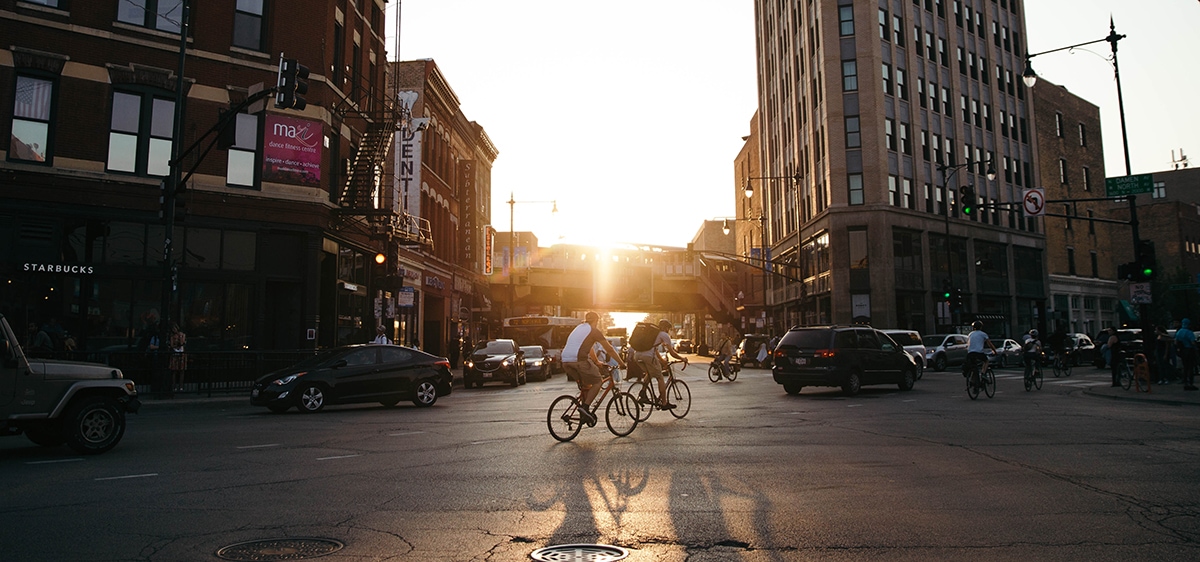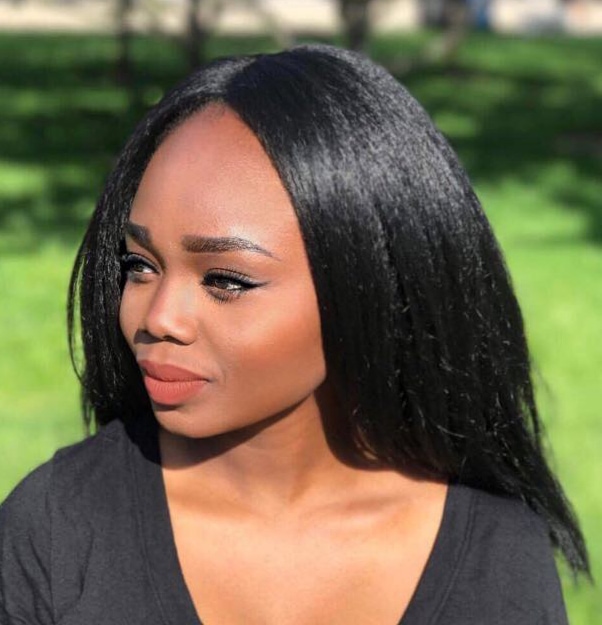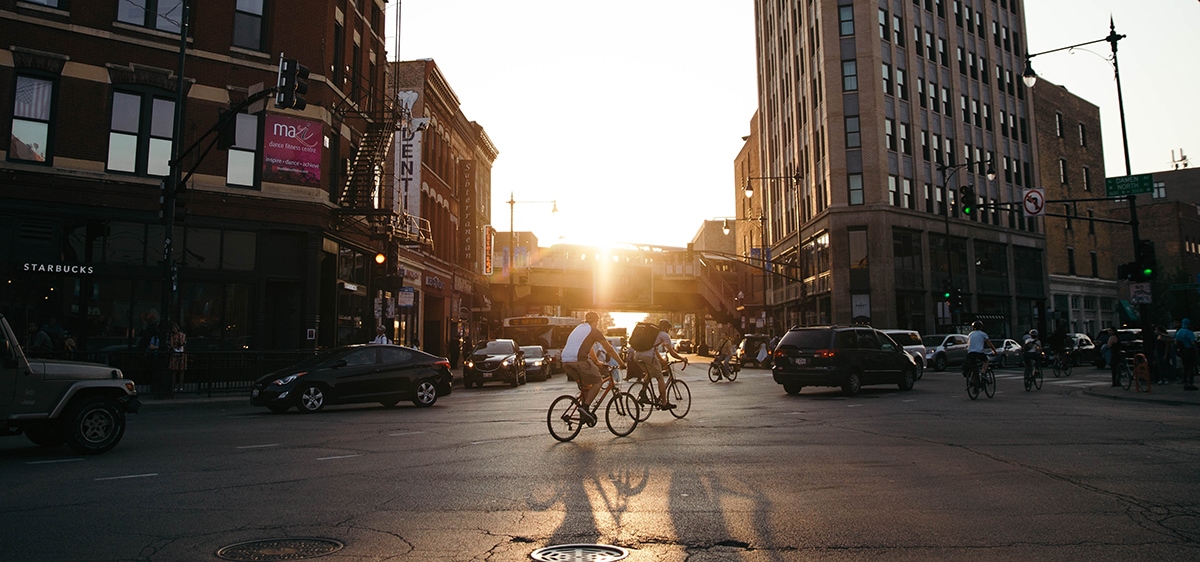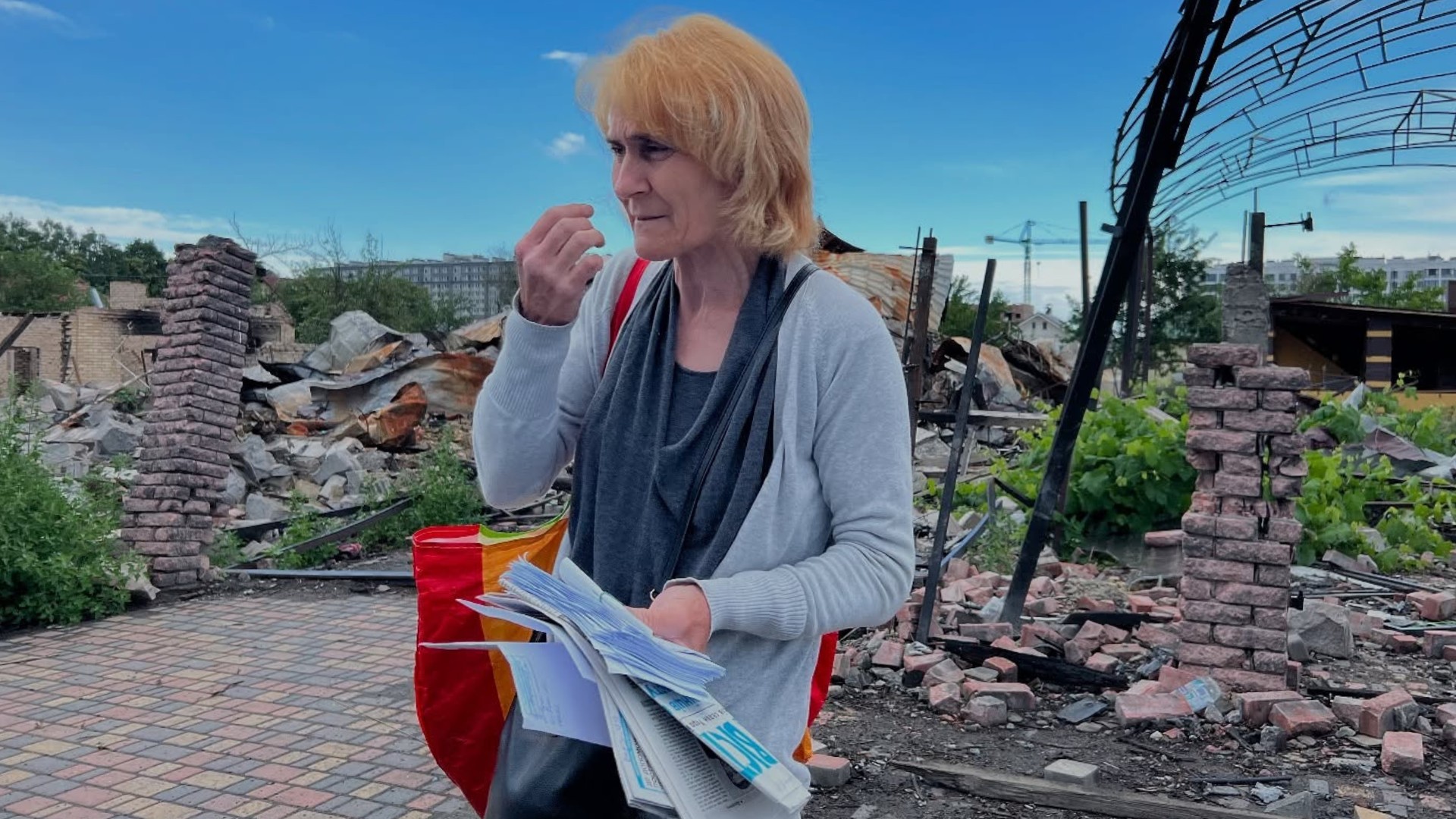[vc_row][vc_column][vc_column_text]

[/vc_column_text][/vc_column][/vc_row][vc_row el_class=”hero-header-text”][vc_column][vc_column_text]
From Congo to Chicago: Finding Her Identity
Place of Refuge – Part Six
by Alena Logan | February 22, 2018
[/vc_column_text][/vc_column][/vc_row][vc_row][vc_column][vc_column_text]The numbers of people who have been forced to leave their homes throughout the world are staggering and growing—imagine the entire population of the United Kingdom or half the population of Mexico having to leave their homeland. How do we begin to understand what that means? While the scope of this global crisis may seem incomprehensible and the solutions beyond our reach, at the heart of the crisis are individuals trying to survive to keep their families together, and to find safe landing. In this seven-part series, we look at the stories of those who have sought refuge and those who have entered into their lives to offer help and support.[/vc_column_text][vc_column_text]This story is Part-six of the Place of Refuge series. Click here to view additional stories.[/vc_column_text][/vc_column][/vc_row][vc_row][vc_column][vc_column_text]When Triphose Khonde was a small child, her parents left her to live with their grandmother. Triphose, who graduated from North Park University last spring, was born in the Democratic Republic of Congo, and in the midst of ongoing civil conflict at home, her parents were looking for jobs and safety in neighboring Rwanda. The journey was perilous, and they didn’t want to risk the health and safety of their children. So they left Triphose and her brother behind. The siblings woudn’t see their parents for three years.
Life in Rwanda was brutal for Triphose’s parents. “They told us about seeing death firsthand and never knowing where it was safe,” she says. “It was very hard for them.” When she was six, her parents brought her to Rwanda where they lived until Triphose was eight. As civil unrest and war continued to ravage the region, the family fled to Sweden.

Triphose spent most of her childhood and adolescent years outside of Stockholm. Members of a Swedish church actively welcomed her family, bringing food and clothes and helping them figure out how to buy groceries.
But the transition was a struggle. Triphose says, “I didn’t know anyone. I didn’t know the language. It’s hard to make friends when you can’t really communicate. So I tended to stay with my family most of the time because I couldn’t just go out and play.”
She continues, “You’re trying to find your own identity, but there’s also a new culture—a new situation in life. When you’re young, people bully you, and you have all these questions: Why am I here in this place? Can I go back home? When will the war end?”
After spending a few years in Canada and another year back in Sweden, Triphose came to the United States to attend North Park because of its Christian roots and Swedish tradition. Once again she had to learn to adapt to a new culture.
“America teaches you to be really tough,” she says. When people asked about her home country and where she came from, she struggled to give an answer. She became frustrated that she didn’t have an easy way to respond.
“People would ask me where I’m from, and I would have to tell them the whole story. I couldn’t just say ‘I’m Swedish’ or ‘I’m from Congo.’ I realized that I have to embrace both my Congolese side and my Swedish side in different ways. Sometimes it’s tiring, but I’ve learned to be okay with it. I need to give people the full package of who I am.”
People would ask me where I’m from, and I would have to tell them the whole story. I couldn’t just say ‘I’m Swedish’ or ‘I’m from Congo.’
Triphose says that, like her, many people who are new to this country are not necessarily in need of physical support like clothes or food. Sometimes they are just looking for connection. “People truly had a life before coming to America. It might have been a better life—they might have been a doctor or a student or a nurse or a grandma—but when they come here, they’re just seen as immigrants or refugees. They have a label instead of being seen as a person,” she says.
Since graduating from North Park, Triphose has been working as a teaching assistant at Chicago Grammar School. She plans to pursue graduate studies in clinical psychology and would love to return to Congo. “For me, it’s a way to see how far God brought me. I want to talk to people—especially young people—and tell them that they have a chance in life. If someone is there telling you that, then you have hope.”[/vc_column_text][/vc_column][/vc_row]














